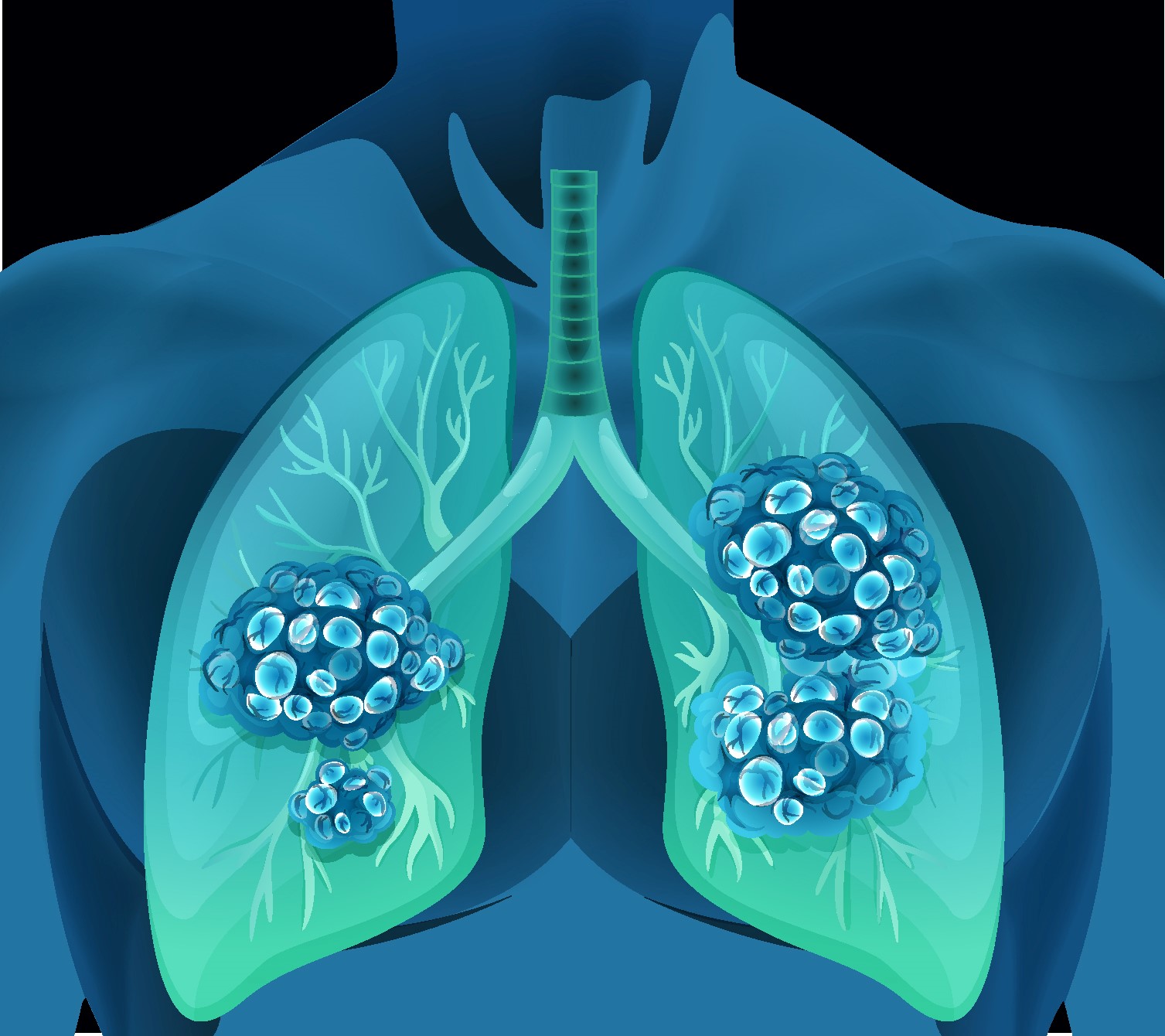Although the concept of precision medicine, in which healthcare is tailored to the molecular and clinical characteristics of each individual, is not new, its implementation in clinical practice has been heterogenous. In some medical specialties, precision medicine has gone from being just a promise to a reality that achieves better patient outcomes. This is a fact if we consider, for example, the great advances made in the genetic diagnosis and subsequent treatment of countless hereditary diseases, such as cystic fibrosis, which have improved the life expectancy of many of the affected children. In the field of oncology, the development of targeted therapies has prolonged the survival of patients with breast, lung, colorectal, melanoma, and hematological malignancies. In other disciplines, clinical milestones are perhaps less well known, but no less important. The current challenge is to expand and generalize the use of technologies that are central to precision medicine, such as massively parallel sequencing, to improve the management (prevention and treatment) of complex conditions such as cardiovascular, kidney, or autoimmune diseases. This process requires investment in specialized expertise, multidisciplinary collaboration, and the nationwide organization of genetic laboratories for diagnosis of specific diseases.© 2021. The Author(s), under exclusive licence to Springer Nature Switzerland AG.
Milestones of Precision Medicine: An Innovative, Multidisciplinary Overview.


